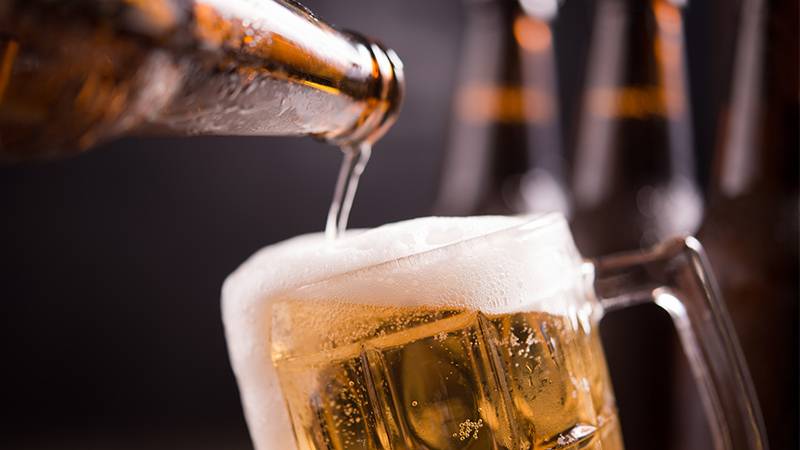In San Francisco, an unconventional beer is making waves in the world of sustainability and water reuse. Epic OneWater Brew, a product of Epic Cleantec, a water treatment company, is crafted using water recycled from showers, sinks, and washing machines of a 40-story luxury apartment building, Fifteen Fifty. This Kölsch-style ale, though not commercially sold due to regulations, serves as an educational tool highlighting water scarcity and the potential of water reuse.
Aaron Tartakovsky, CEO and co-founder of Epic Cleantec, emphasizes the need for water reuse, noting that buildings globally consume 14% of all potable water, with minimal recycling. Epic Cleantec’s mission aligns with addressing this gap, showcasing their water recycling system that recycles up to 95% of a building’s wastewater. This innovative system focuses on both blackwater (from toilets) and graywater (from sinks, washing machines, etc.), employing biological treatment, microfiltration, and disinfection to repurpose the water for non-potable uses like toilet flushing, irrigation, and laundry. The system installed at Fifteen Fifty can recycle 7,500 gallons of water daily, amounting to about 2.75 million gallons annually.
The practice of water recycling is not new. Murcia, Spain, and Singapore are examples of locations utilizing treated wastewater for agriculture and industrial purposes, with Singapore meeting 40% of its water needs through recycling. NASA has also contributed to this technology, developing water purification systems using silver ions for astronauts, now adapted for domestic and disaster relief uses.
Epic Cleantec’s water recycling initiative extends beyond just practical applications. It demonstrates a shift towards localized, building-scale water treatment, mirroring the decentralization seen in solar energy. This approach not only conserves water but also reduces energy consumption and pollutant discharge, thereby contributing to environmental sustainability. Tartakovsky compares their system to a solar energy paradigm, decentralizing water treatment from large, centralized infrastructure.
“Buildings globally use 14% of all potable water,” says Aaron Tartakovsky, CEO and co-founder of Epic Cleantec, the San Francisco-based water treatment company that made the beer in collaboration with a local brewery. “Almost no buildings reuse that water — that’s what we’re trying to change.”
According to CNN, the company’s system is not just efficient but also versatile. Recovered heat from wastewater can pre-heat domestic hot water, reducing heating costs, and organic matter in the wastewater can produce natural soil products. Despite the high initial installation cost, ranging from a few hundred thousand to millions of dollars, the system is cost-effective in the long run due to reduced utility bills.
While Epic Cleantec’s focus is not on producing potable water, the regulations in many U.S. states, including California and Texas, allow for the potable reuse of treated wastewater. Experts like David Sedlak of the Berkeley Water Center and Daniel McCurry of the University of Southern California recognize the potential of such systems in addressing water scarcity and providing viable alternatives for water sourcing, even in applications as novel as brewing beer.
Tartakovsky notes the growing interest from major brewers in their technology, as it not only addresses environmental concerns but also produces quality beer. He believes that the future will see more industries adopting recycled water, overcoming the ‘yuck’ factor associated with it, and realizing the broader implications of water reuse in a world increasingly facing water scarcity.
More inspiring green news similar to this:


